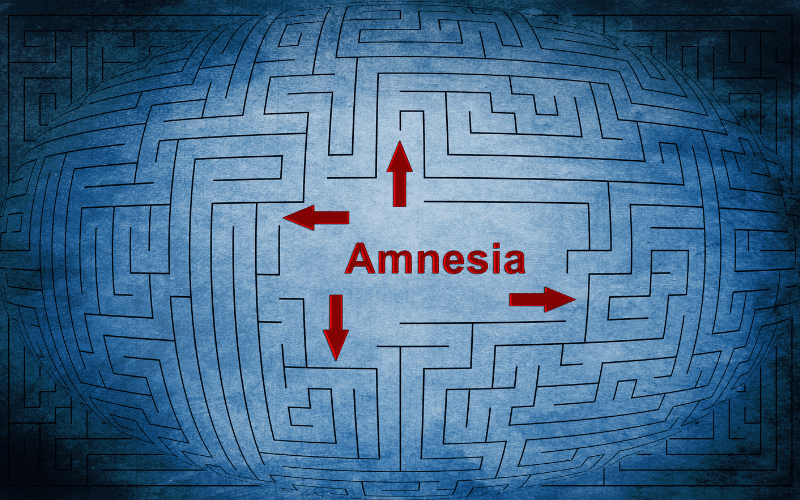Introduction: Navigating the Terrain of Transient Global Amnesia

The human brain, our most complex organ, serves as the epicenter for a myriad of neurological phenomena, one of which is Transient Global Amnesia (TGA). An ephemeral bout of memory loss, TGA, is as cryptic as it is fleeting.
It’s like a thick cloud temporarily shrouding one’s mental canvas, obstructing their ability to forge new memories or recall recent events. This enigmatic condition, despite being temporary, often instills a sense of disorientation and fear in those affected.
In the midst of this neurological maze, you might wonder what sets off this cognitive mist. Therein lies the crux of today’s exploration. We’re here to unveil the top 10 potential causes of Transient Global Amnesia, shedding light on this intriguing ailment that momentarily turns one’s cognitive landscape into a disarrayed jigsaw puzzle.
1. Migraine: A Potential Precursor to TGA

First on our list of potential causes is a common neurological storm: migraine. Not just your ordinary headache, a migraine is a severe throbbing pain or a pulsing sensation, typically on one side of the head. It’s often accompanied by nausea, vomiting, and extreme sensitivity to light and sound.
But how does this tie into TGA? Let’s delve deeper.
It’s well-documented that migraine sufferers occasionally experience transient neurological symptoms, known as aura, which include vision disturbances or tingling in your arm or leg. These sporadic neurological disturbances hint at the potential for a more profound cognitive impact, such as an episode of Transient Global Amnesia.
The link between migraines and TGA isn’t fully established. However, a study by Inserm U708, Neuroepidemiology found that individuals who experience migraines, particularly migraine with aura, face a higher risk of TGA. This suggests that the same underlying vascular or neuronal mechanisms potentially contribute to both conditions.
Interestingly, the complex interplay between migraines and TGA highlights our brain’s intricate balance. Disturbances within this delicate equilibrium, such as the abnormal neuronal activity seen in migraines, can potentially open the door to temporary cognitive impairment, giving rise to conditions like TGA. (1)